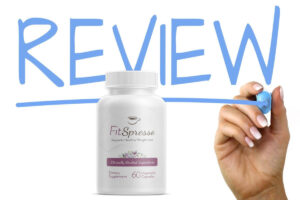
Artificial Sweeteners: Are They Safe for Your Health
Millions of Americans who are trying to reduce their sugar intake may turn to artificial sweeteners as an appealing solution. Widely available in packaged food and grocery store shelves, those who use them claim they help reduce calories and sugar consumption – but evidence remains inconsistent, and recent research is raising serious concerns over long-term artificial sweetener use.
Research centers around nonsugar sweeteners (NNS), chemically manufactured in a laboratory to replicate the taste of sugar without all its calories. NNS sweeteners are hundreds of times sweeter than sugar and used to lower calories and sugar intake in processed food and drinks, including diet soda, chewing gum, candy, some frozen meals, and mouthwashes.
Researchers discovered that using NNS increased the risk of heart disease and other health issues when compared with those consuming less NNS. Over nine years, researchers studied food and beverage consumption information of over 23,000 individuals over nine years – this included their daily sweetener consumption as well as medical history information and lifestyle patterns – which led them to conclude that those consuming the most NNS had a 9% greater chance of suffering any kind of cardiovascular issue such as heart attack or stroke than those who consumed less NNS.
Scientists acknowledge that observational studies cannot demonstrate cause and effect; to do so they would need to lock up participants for years and administer various kinds of NNS to them in order to observe how it affected their hearts or other health conditions – an impossible feat given current technology and resources.
Researchers also note that animal and small human experiments conducted under well-controlled conditions have revealed signs of harm from certain artificial sweeteners, including increased risks for blood clotting and potential changes to gut microbiomes that impact blood sugar control. They stress the need for further studies regarding NNS safety issues.
At present, experts advise avoiding sugar and other nonnutritional sweeteners (NNSs) is the best way to improve health. That means ditching diet soda and other sweetened beverages like coffee and tea; choosing unsweetened versions; increasing fiber and vitamin C from whole food sources as a means to manage blood sugar levels and minimize disease risks.
As an added benefit, replacing sugar with stevia and certain sugar alcohols (such as xylitol) may be safer than other nonnutritive sweeteners as they do not contain calories that could potentially spike blood sugar levels; plus they offer some nutritional value too! When adding sweets, honey or pure maple syrup might be ideal options.





